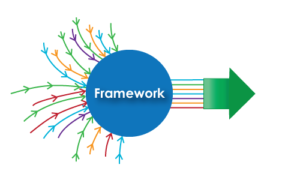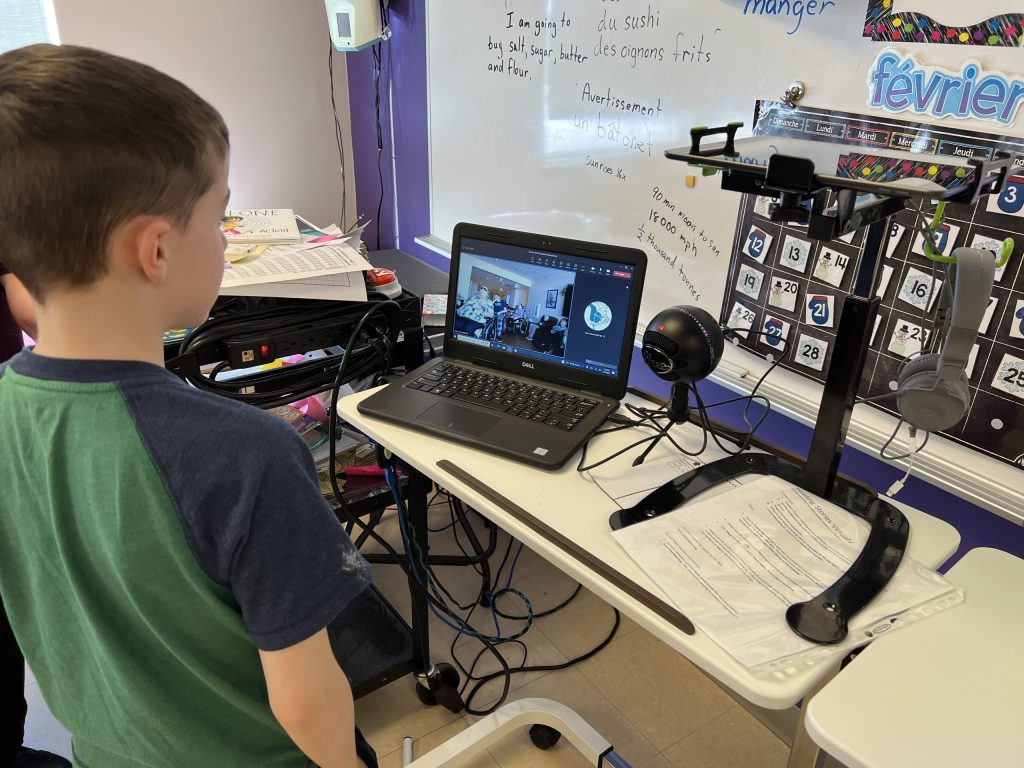
That meme you liked on Facebook really spoke to you. It said what you were thinking. That app that lets you upload your face onto an actor’s face in a scene from your favourite movie seems fun. And the heartfelt post shared by a friend of a friend twice removed nearly brought a tear to your eye.
For many of us, these are snapshots of our engagement with social media; lighthearted, seemingly inconsequential interactions with the online platform of our choice.
But as phenomena such as election interference, internet financial scams, targeted disinformation and “fake news” have shown recently, some of the content we interact with online can be malicious. And engaging with that content can have negative consequences for us, our families, and our communities.

For these reasons and to foster healthy online habits, the Anglophone West School District (ASD-W) developed its Digital Responsibility Framework (DRF). The framework contains lessons for each grade level, as well as teacher resources on the following themes: Media Balance & Well Being, Privacy & Security, Digital Footprint & Identity, Relationships & Communications, Cyberbullying & Digital Drama, and News & Media Literacy.
Throughout the school year, we’ll periodically feature stories on the themes covered in ASD-W’s Digital Responsibility Framework.
“We have been doing this on a small scale since ’05, ‘06 with the introduction of student laptops into schools,” said Wayland Dickson, ASD-W Digital Learning Lead. “Fast forward to recent years with the explosion of digital resources, social media and COVID, and students attending classes virtually, the development of the DRF became a focus of the ASD-W Digital Learning team.”
The ASD-W Digital Learning Team works with teachers and schools to help blend DRF outcomes within daily lessons, Dickson said.
“We have been working with the ASD-W literacy team to develop lessons around the children’s book, Killer Underwear Invasion!: How to spot fake news, disinformation and conspiracy theories by Canadian Author Elise Gravel,” said ASD-W Technology and Skilled Trades Subject Coordinator Brenda Cameron. “It is a comical, elementary school-friendly, fact-filled book with quirky illustrations that help students break down what disinformation is, why it is spread, and how to tell what is real and what isn’t.”
The district understands the importance of teaching good web habits to students early. But we also know the knowledge imparted through our Digital Responsibility Framework is good for all ages. So, whether you’re a student, parent, or guardian, we encourage you to follow our series and increase your digital literacy.
“From building communities in MinecraftEDU to 3D printing student designs to producing videos for online sharing, the DRF emphasizes conditions of responsibility embedded in a New Brunswick education,” said Dickson.

